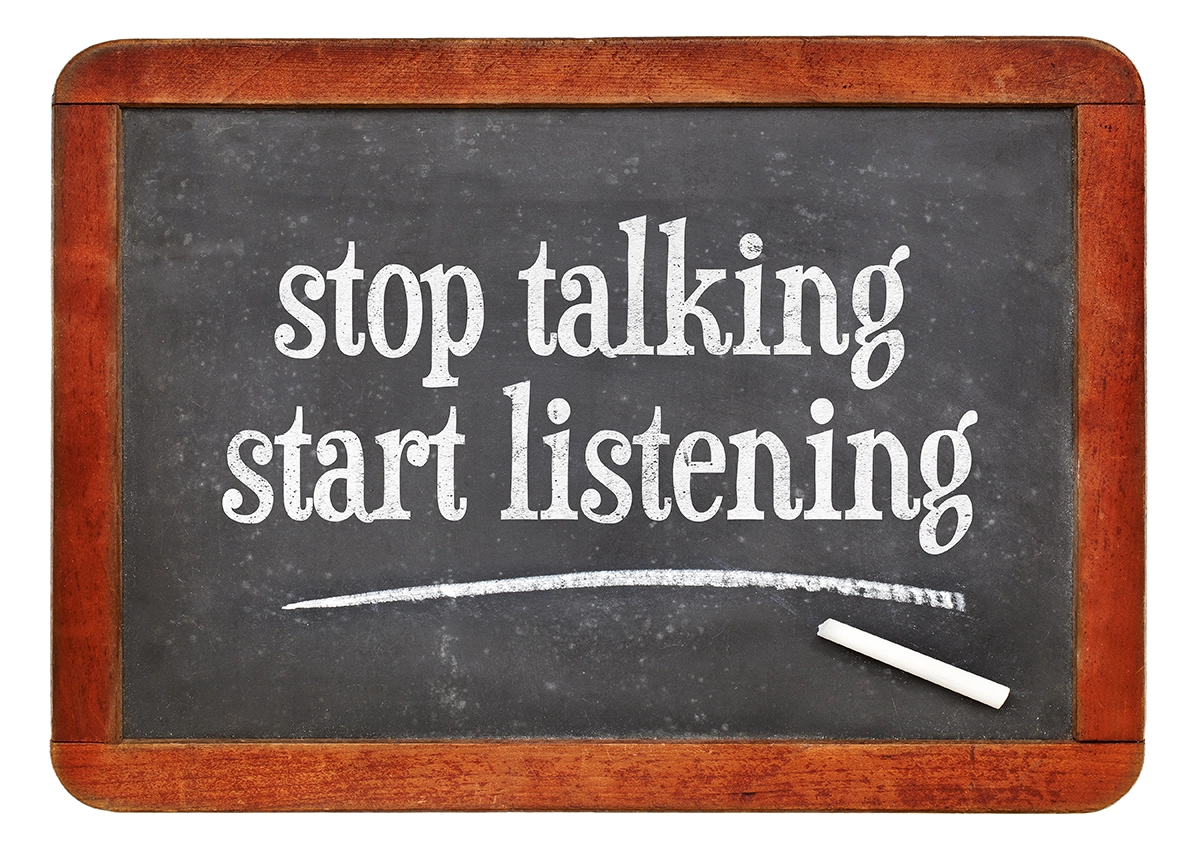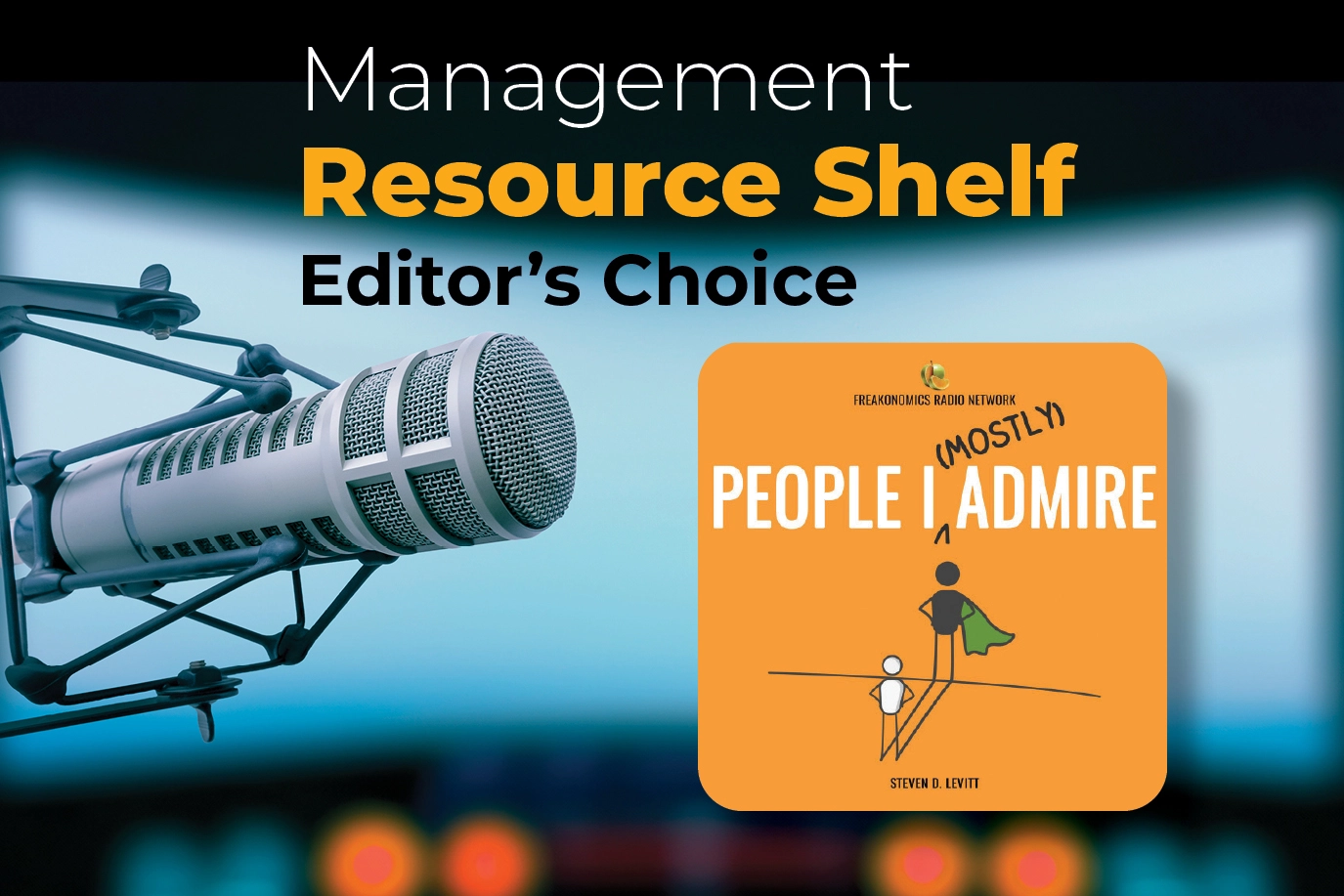A friend of mine was a highly successful bond salesman on Wall Street, so much so that he retired in his mid-40s.
We often talked about why some people are successful, and I always returned to that simple, but not simplistic, question: How did you do it?
Allan's background is the same as many who survive their first few years on Wall Street. He described himself as well-educated, understood his area of the market, enjoyed people, and liked to sell. And he was unafraid to ask for the order, which puts him in the class of a closer.
“So, you really had the package then, all the elements of a topflight salesperson,” I said. He said, “Well, maybe you're right, but I always had one ace in the hole that helped me to succeed more than anything else. I listened.”
“It’s as simple as that,” I blurted out as he smiled, acknowledging my look of surprise.
It’s never that simple, he said, but it was the one personality trait that I still believe made the most difference in my career.
He admitted he wasn’t always a good listener. He’d interrupt his customers because he couldn't wait to tell them about a great program he was offering. He wasn’t trying to be rude; it was his natural, exuberant self that cut to the front of the behavioral line.
After one sales call that he didn’t close, a senior manager who accompanied him shared an observation. “You talk too much,” the manager said.
Allan said it was the perfect teachable moment. After that, when he was on a sales call, doing interviews and even on the phone, he taught himself to listen and to clearly understand what the other person was communicating. He found this made his responses better, whether in the form of a question or a statement of fact. That simple listening skill is so hard for many of us to master. Too often we’re not listening, we’re waiting for our turn to speak, as if we are the only one with something important to share.
His observations about selling and listening are dead on. Some people have the impulse to just keep talking or selling. “Just fight the impulse and literally take a silent breath,” he told me.
Body language matters a great deal when you’re communicating in person, Allan said. And, it can betray you if you’re not “really” listening. When you’re talking to someone, if you’re not engaged, it’s really obvious. Could anything be ruder than to look at your phone during a conversation? This happens all too often when you’re comfortable with the person you’re in front of. How often do you do this with a customer, an employee, your wife or husband? Imagine if you did that during your first meeting – there wouldn’t be a second. Distracted listening shows how little you care about the person in front of you and how little you care about their issues, and how little you respect their time.
Allan had clearly decided that becoming a better listener, something that everyone can do, turned him into a more successful salesperson.
After talking to Allan, I can’t help but wonder how many business and personal relationships have never flourished because of poor listening. After all, the basis of human interaction is how we communicate. If we’re not listening properly, we often end up sending a myriad of mixed signals. From a business perspective, how many sales have we lost because we stopped listening to the customer? How much friction could owners and managers have reduced if they had taken a deep breath, thought carefully, and made an attentive decision before uttering a snap decision?
Allan’s observations served as a valuable reminder to me that we can all improve our listening game. You would be hard-pressed to read a book on communications or leadership that doesn’t mention enhancing your listening skills.
Given my conversation with Allan, I couldn’t resist offering a few salient tips that could help all of us become better listeners. These include:
1. Give the person talking your full attention (put that phone away).
2. Approach each statement you disagree on with an open mind. Don’t make shoot-from-the-hip judgments.
3. Practice patience. It’s a virtue shared by every good listener.
4. Avoid interrupting. Let the speaker finish what they want to say.
5. When you’re done saying what you want to say, stop.
Follow these tips, and you might be pleasantly surprised by what you can learn from people. That, in turn, could help make you a more interesting conversationalist and more influential.
Resist the impulse to talk. Just listen.






